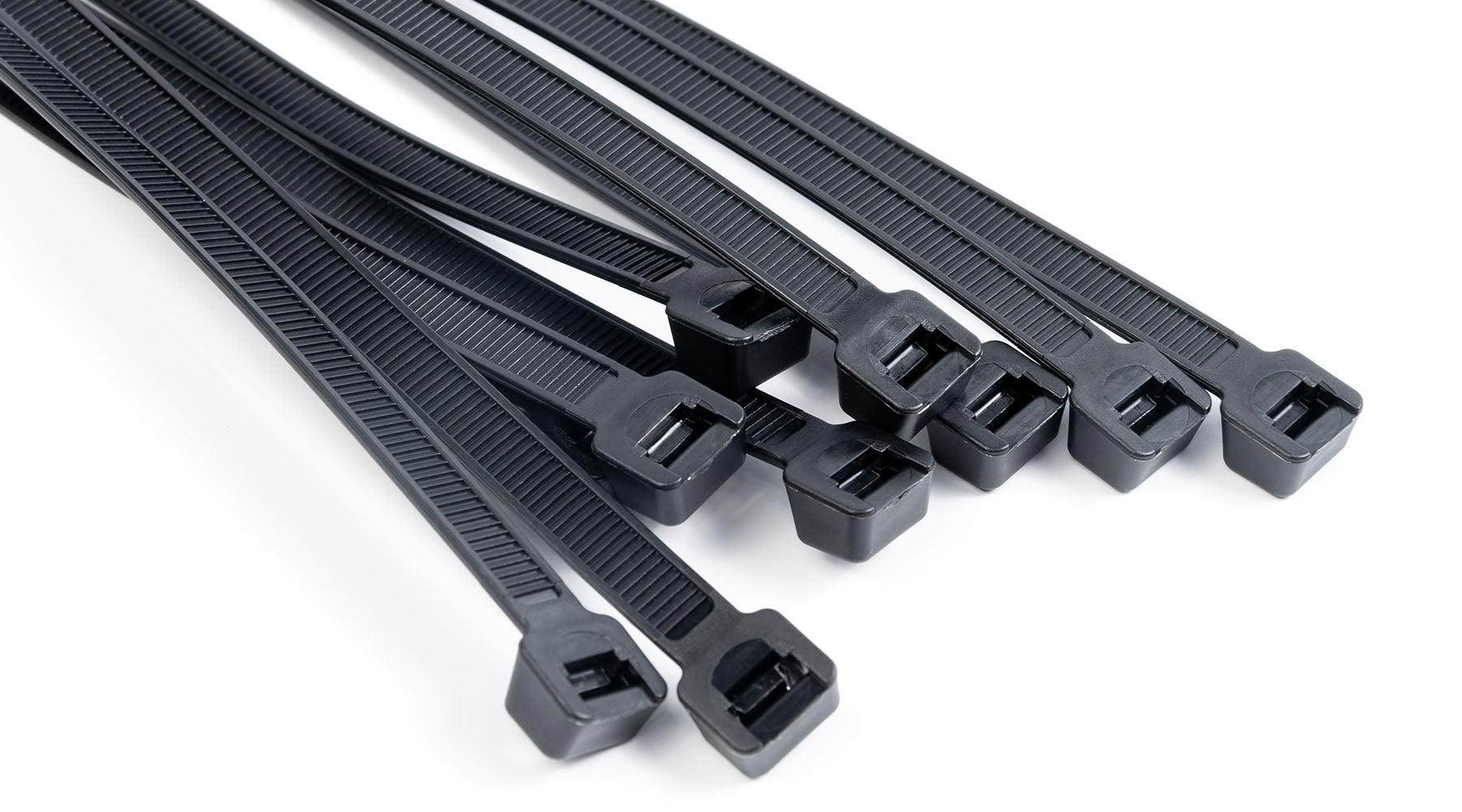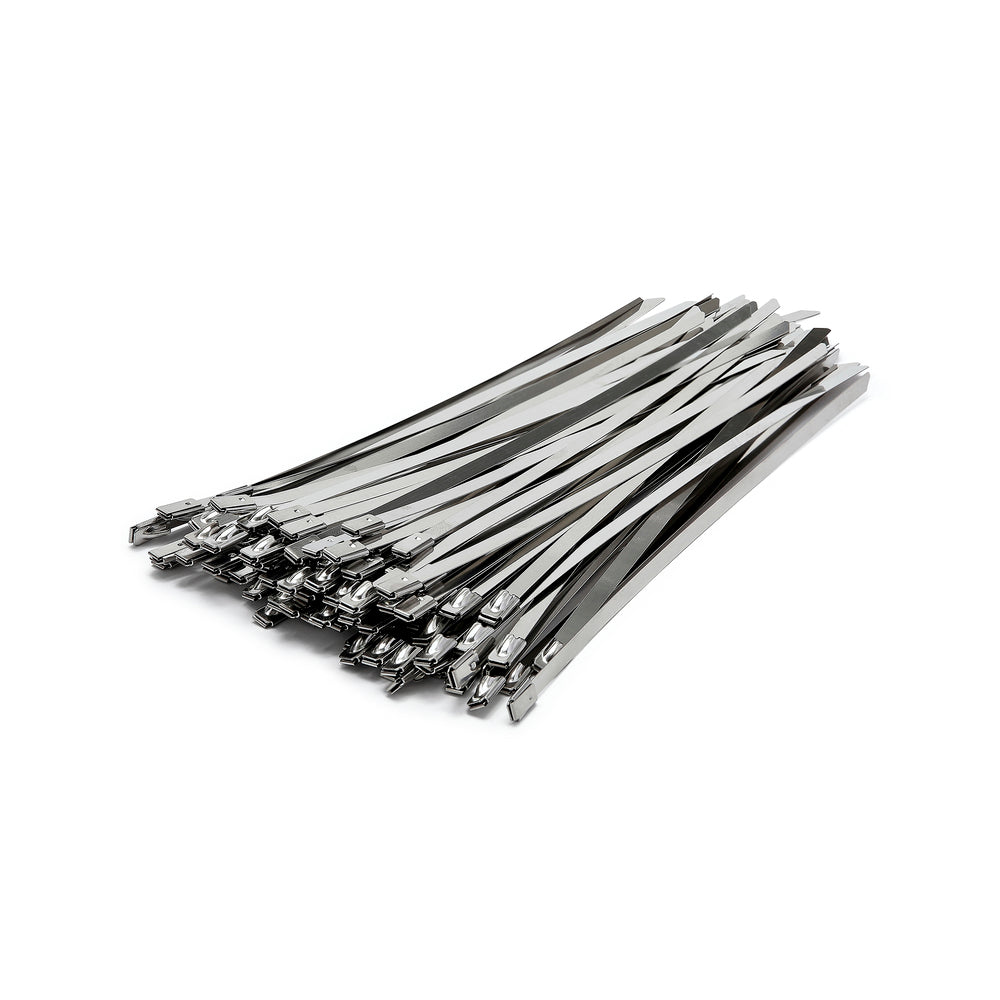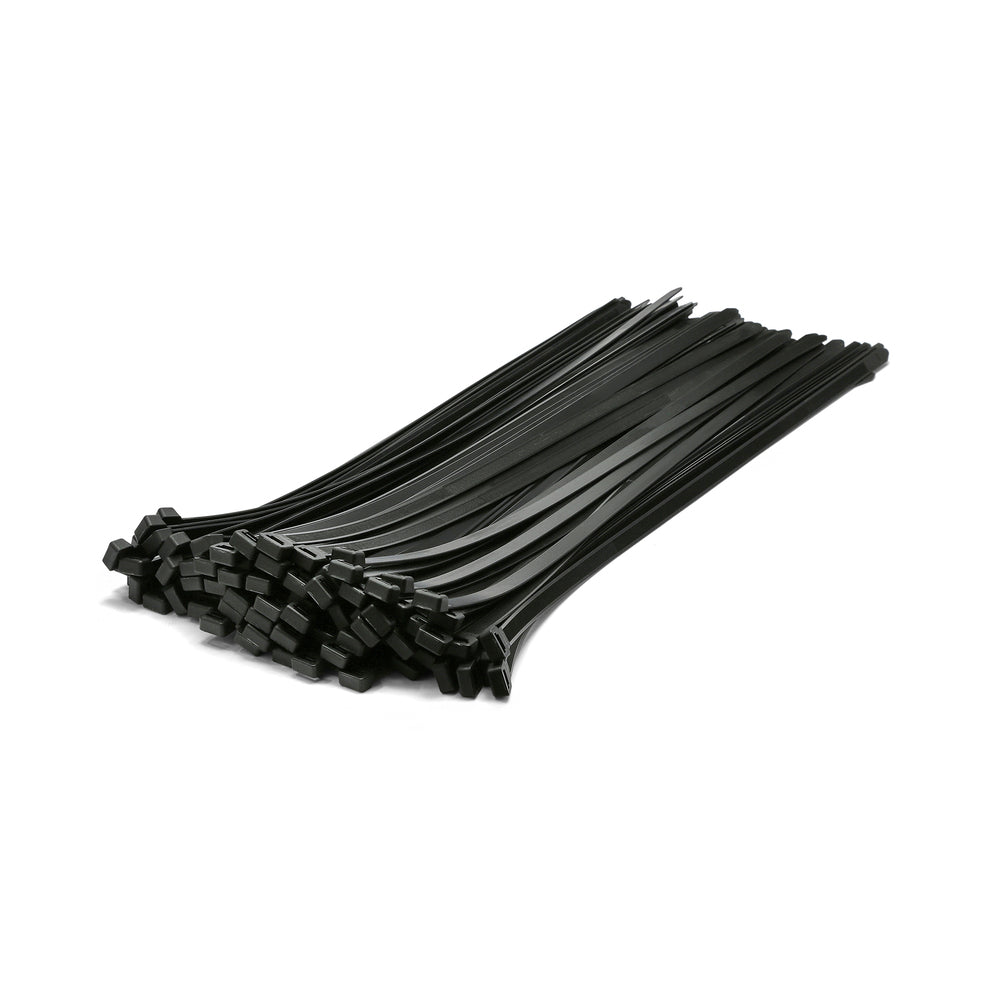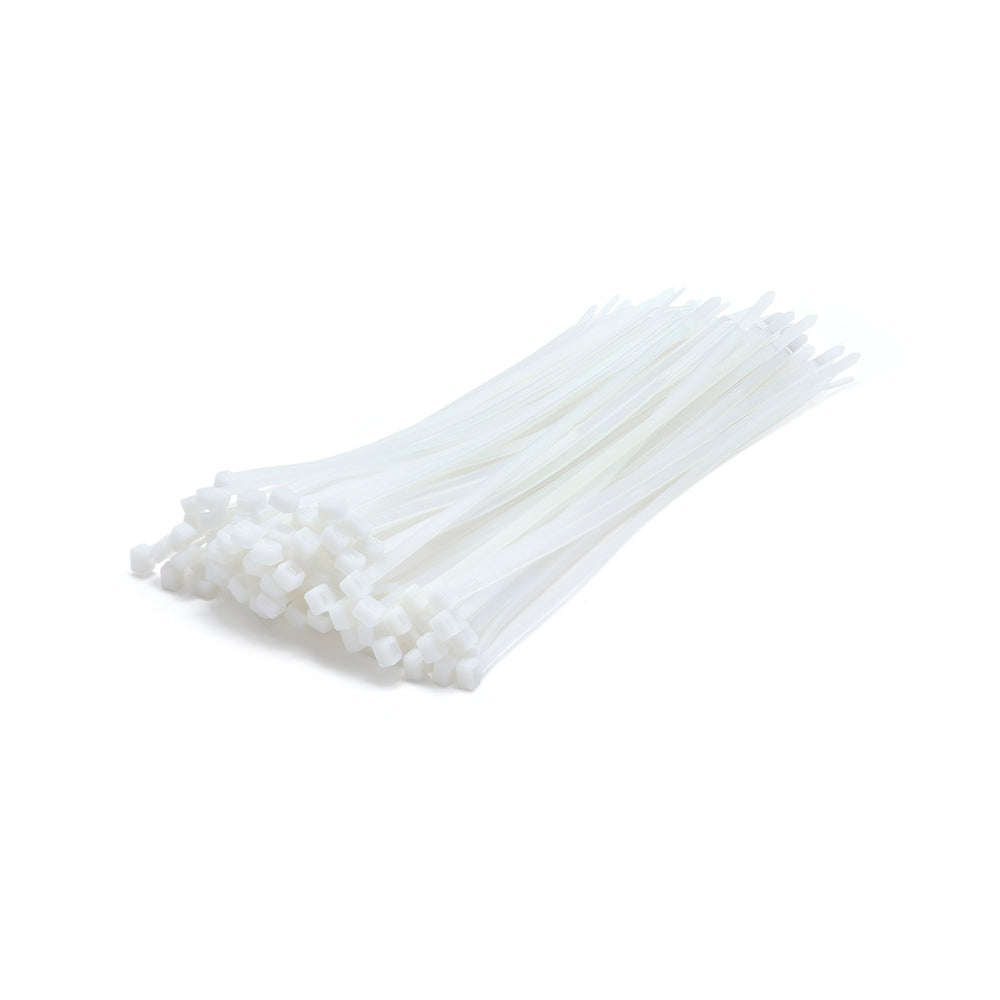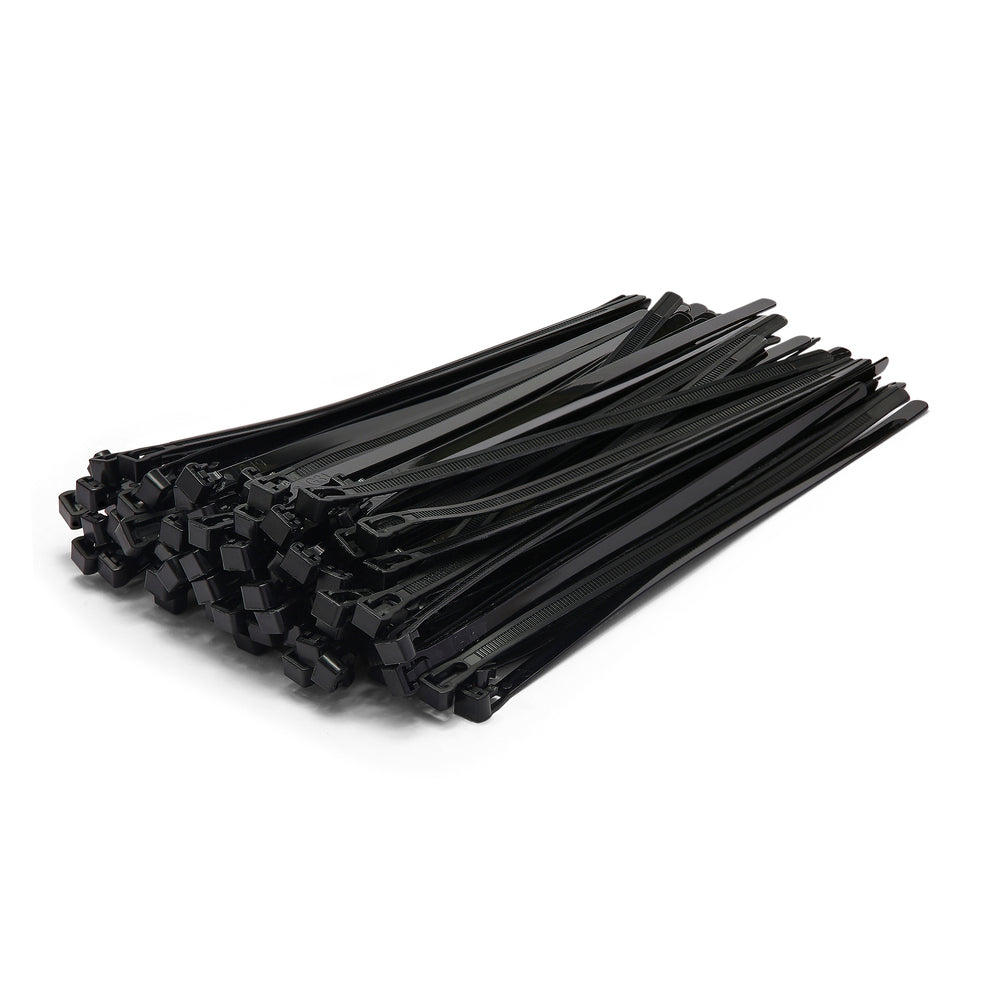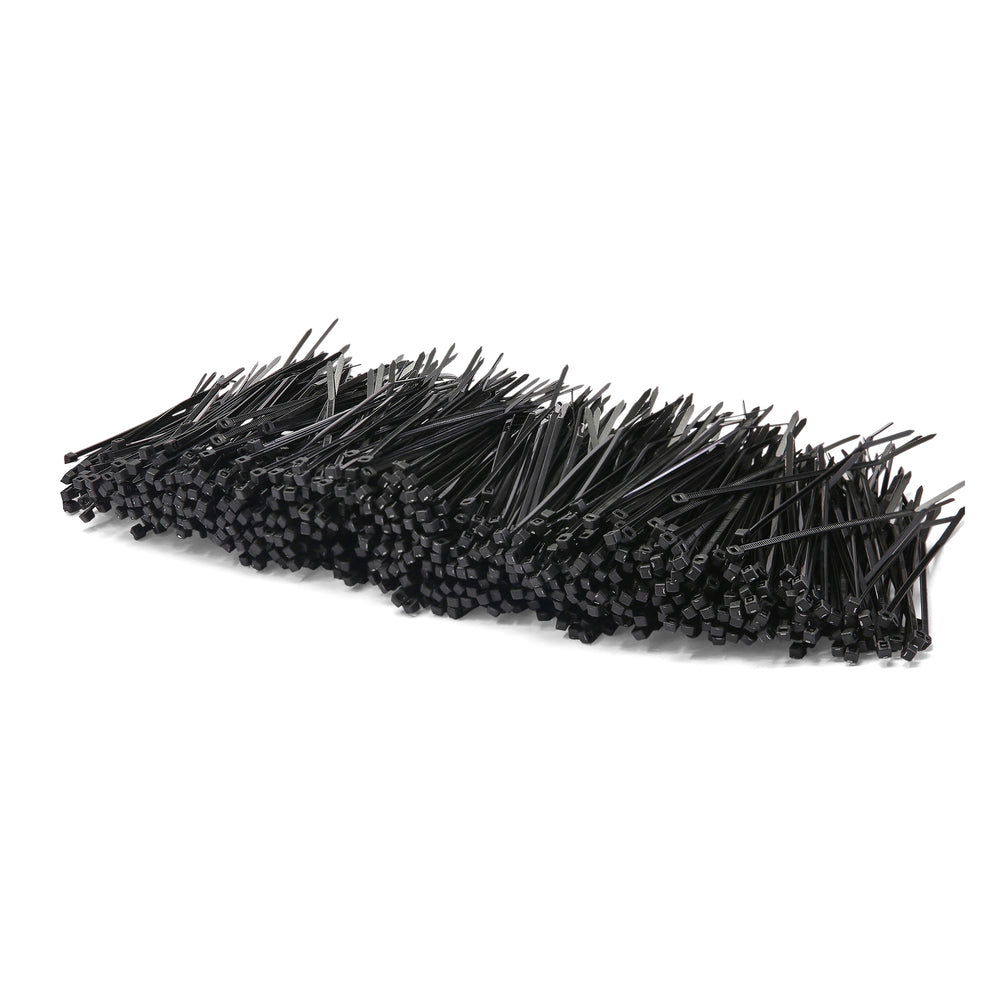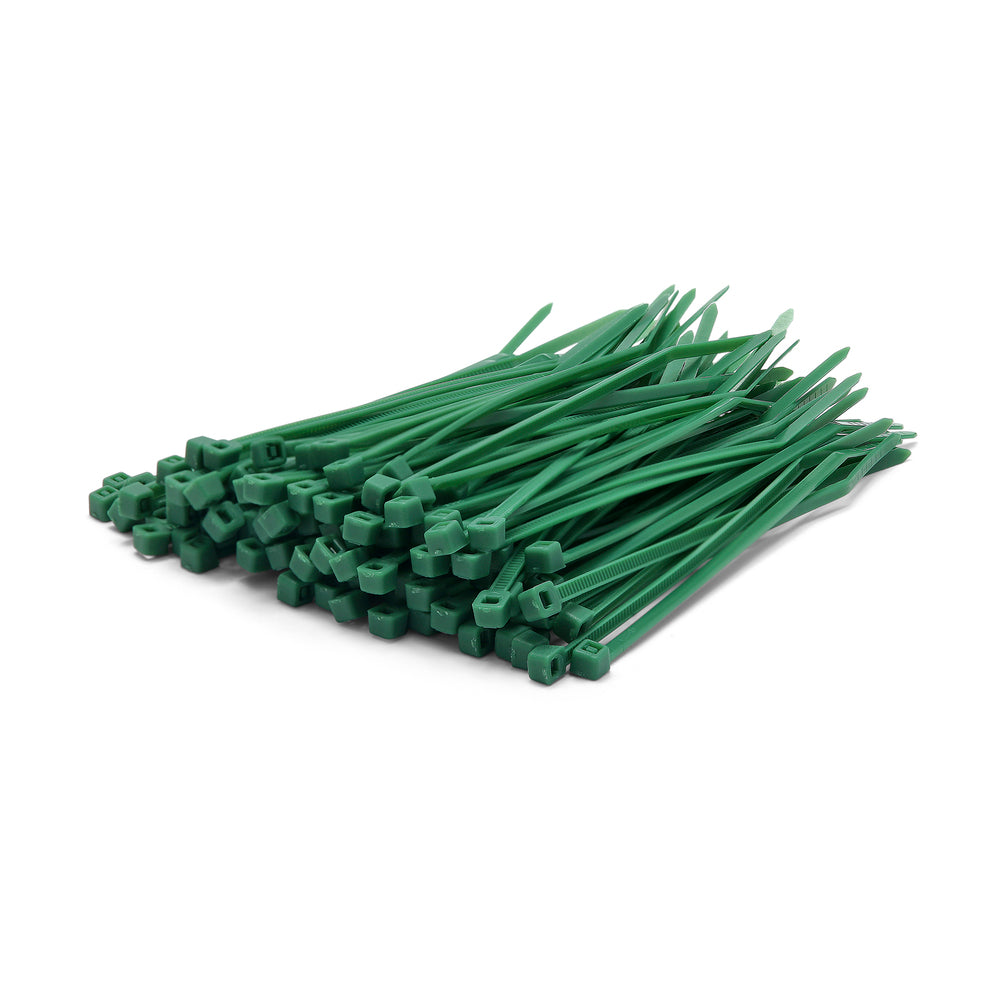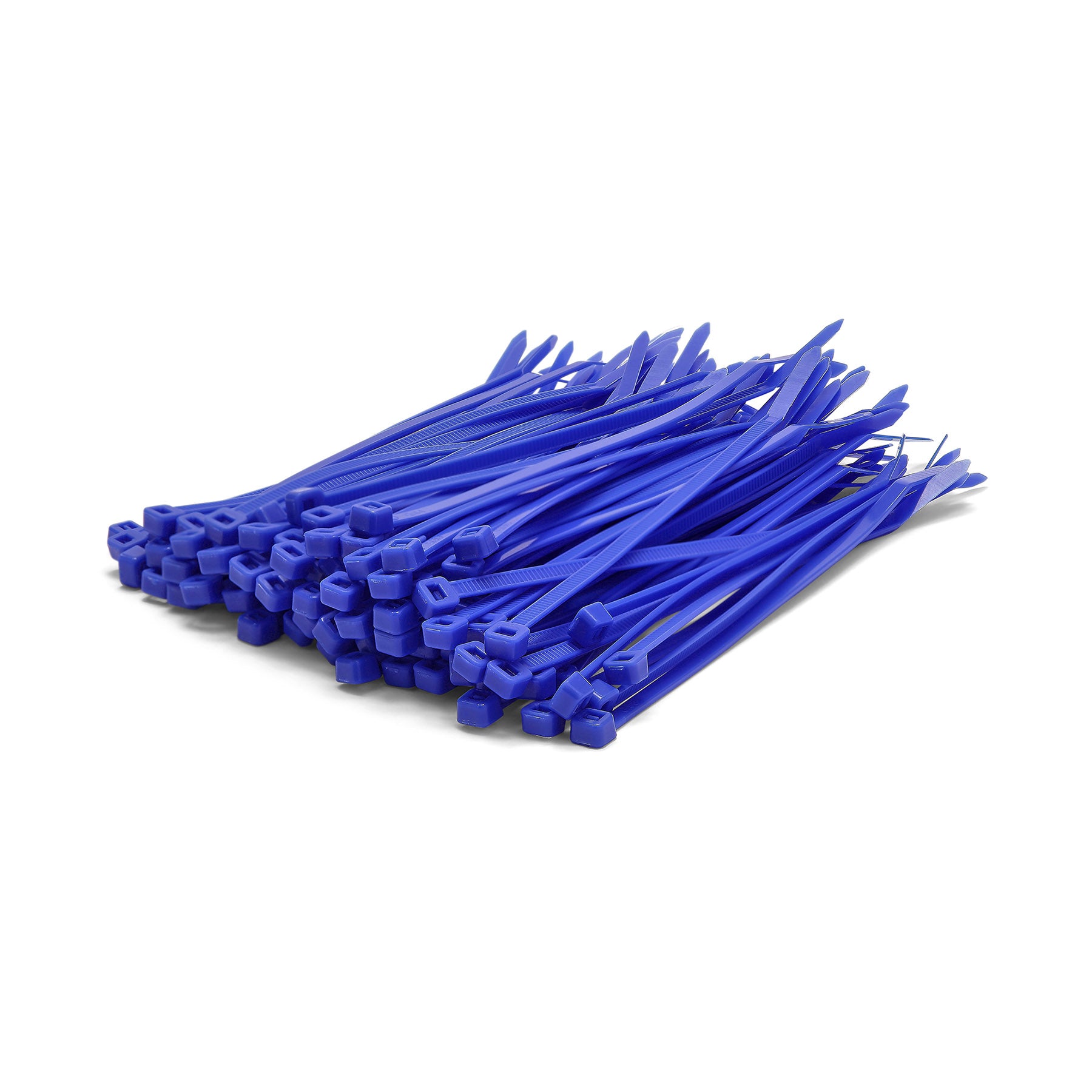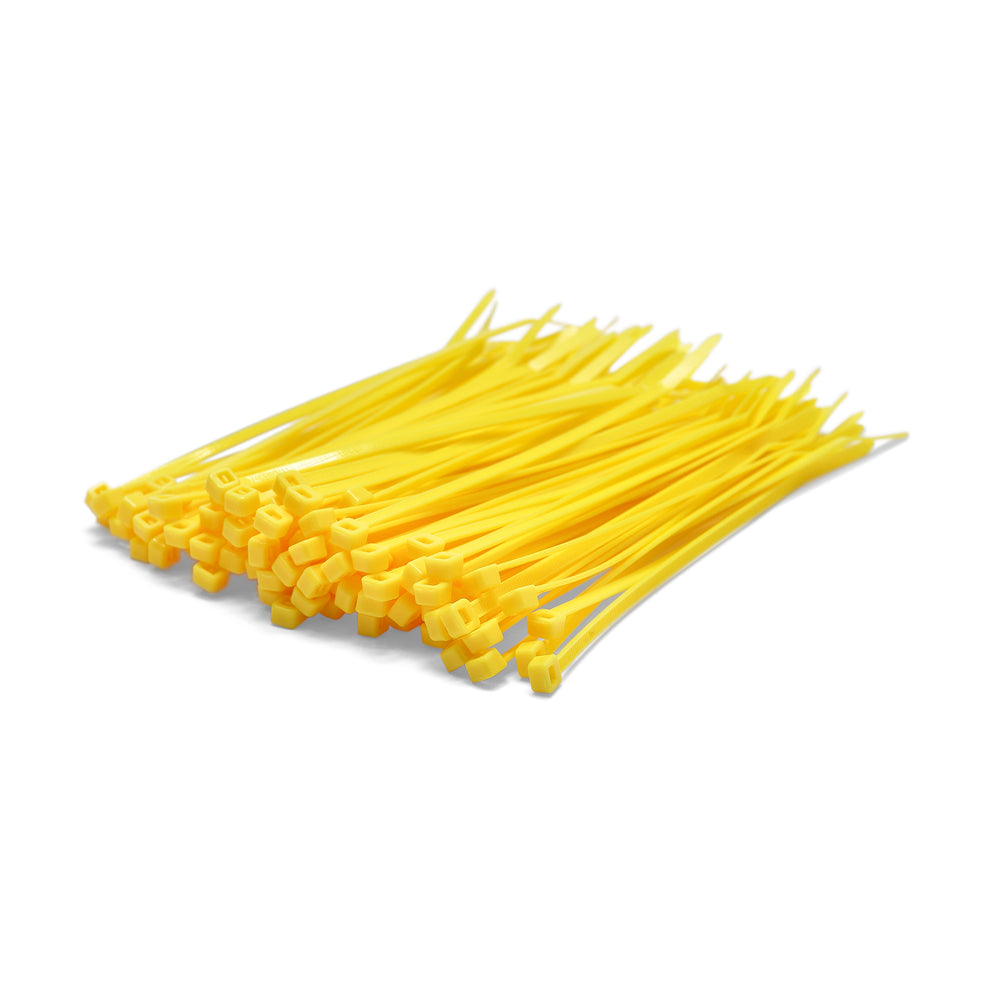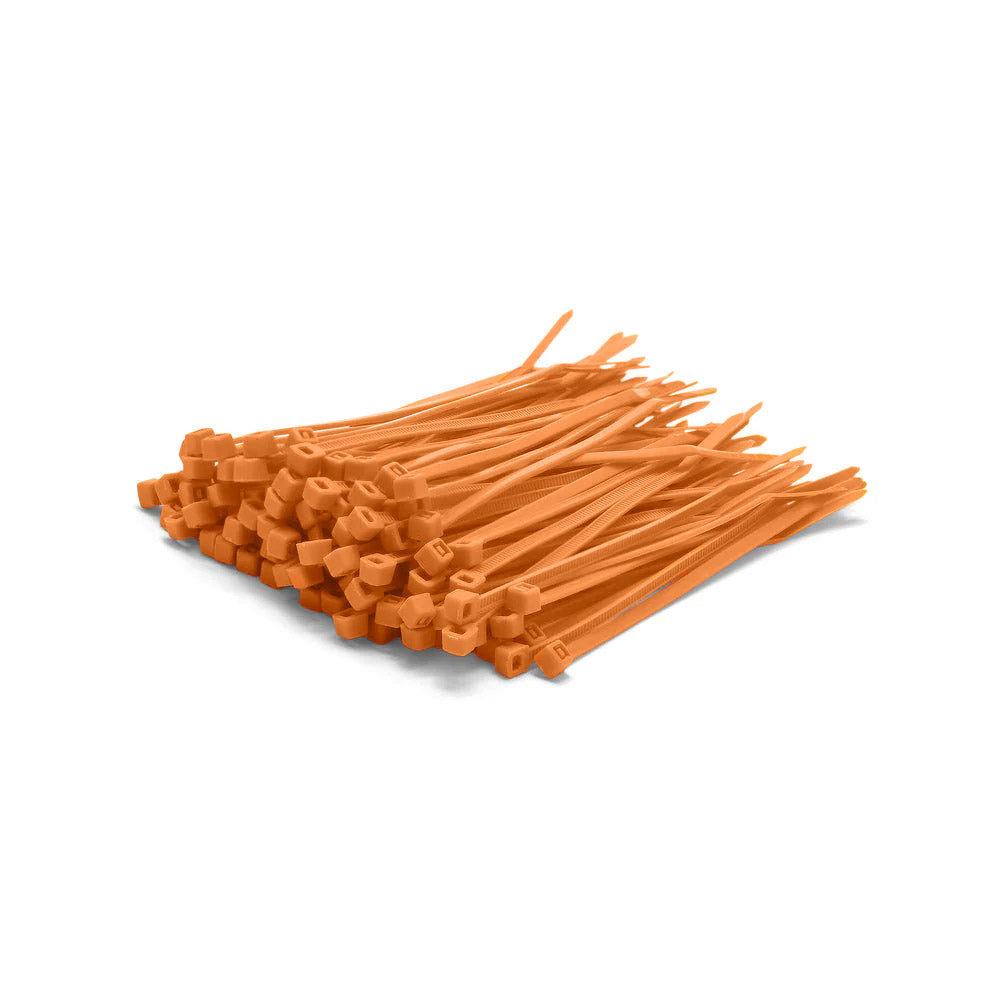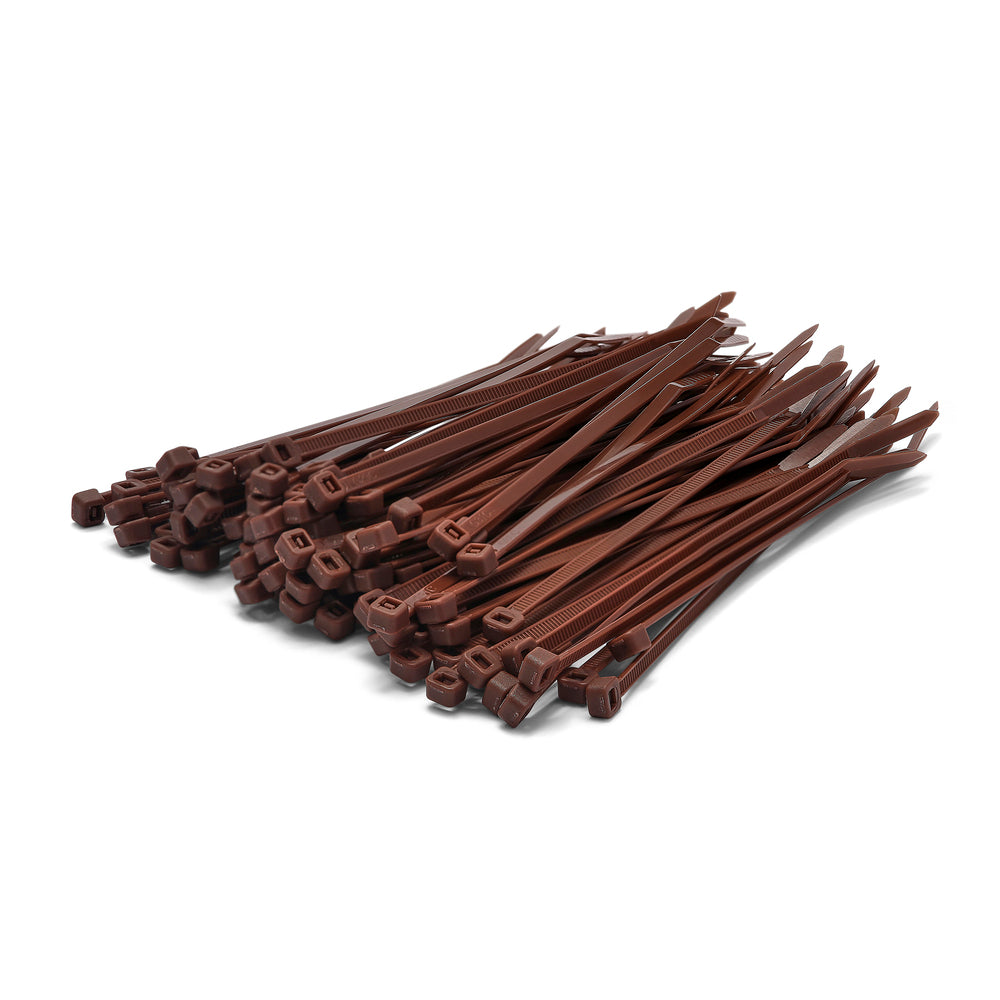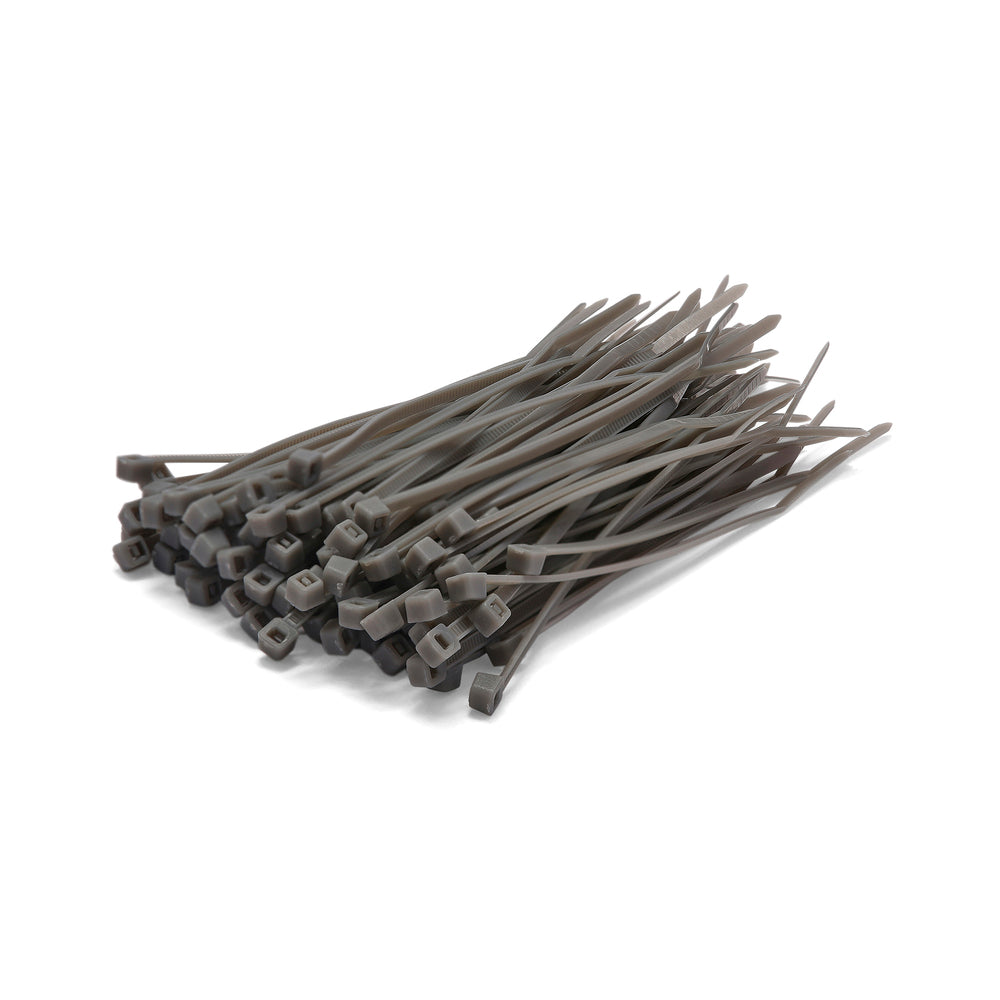When it comes to DIY projects or professional installations, cable ties are essential to help you organise and secure wires and cables. However, not all cable ties are created equal, and it is important to understand the tensile strength of different cable ties to ensure they can handle the weight and strain they get subjected to.
In this article, we will explain the importance of cable ties' tensile strength and give some practical tips on how to choose the right cable ties for the job and what to look out for.
What is tensile strength?
Tensile strength is the measure of a cable tie's ability to handle stress without breaking, stretching, or deforming. In other words, it is a measure of how much weight or force a cable tie can withstand before it fails.
Tensile strength is typically measured in kilograms, pounds or newtons, and it is an important factor to consider when choosing cable ties for a particular project to ensure safe use of the ties.
Key factors affecting the tensile strength of a cable tie
Several factors can affect the tensile strength of a cable tie, including the material used, the thickness of the tie, and the type of the head of the tie. Nylon cable ties, for example, are popular because they are strong and versatile, but different grades of nylon can have varying tensile strengths.
When selecting cable ties, look for information on the website or the product packaging that indicates the strength, or consult a chart that shows the rated strengths for different sizes and types of cable ties. You will be able to find the tensile strength of each cable tie on our website in the product description, to help you choose the correct width and type of the cable tie with ease.
As an example, the tensile strength of our nylon cable ties vary from 8 kg (78.5 N) to 114 kg (1118 N) based on the width of the cable ties. For applications where a higher tensile strength is required, our metal cable ties might be more appropriate where the maximum tensile strength of the ties is 320 kg (3138 N).
Good to keep in mind
In addition to the tensile strength of the cable tie, it is also essential to consider the environment in which the cable ties will be used. If the cables will be exposed to high temperatures or harsh chemicals, you will need to choose cable ties that are engineered to withstand those conditions. Some cable ties are made from materials that are resistant to UV rays such as our UV Stabilised Cable Ties, making them ideal for outdoor use.
Finally, you should keep in mind that some different types of cable ties can also have less tensile strength than their counterparts of the same thickness. For example, our standard 7.6 mm wide nylon cable ties have a tensile strength of 54.4 kg (533 N), whereas our 7.6 mm reusable cable ties’ tensile strength is 22 kg (216 N) due to the quick release mechanism.
Summary
Understanding the tensile strength of cable ties is critical to ensuring that your project is completed successfully and safely. By choosing the right cable ties for the job, ensuring they are the correct width, length and material - you can ensure that your cables are secure and protected from damage.
